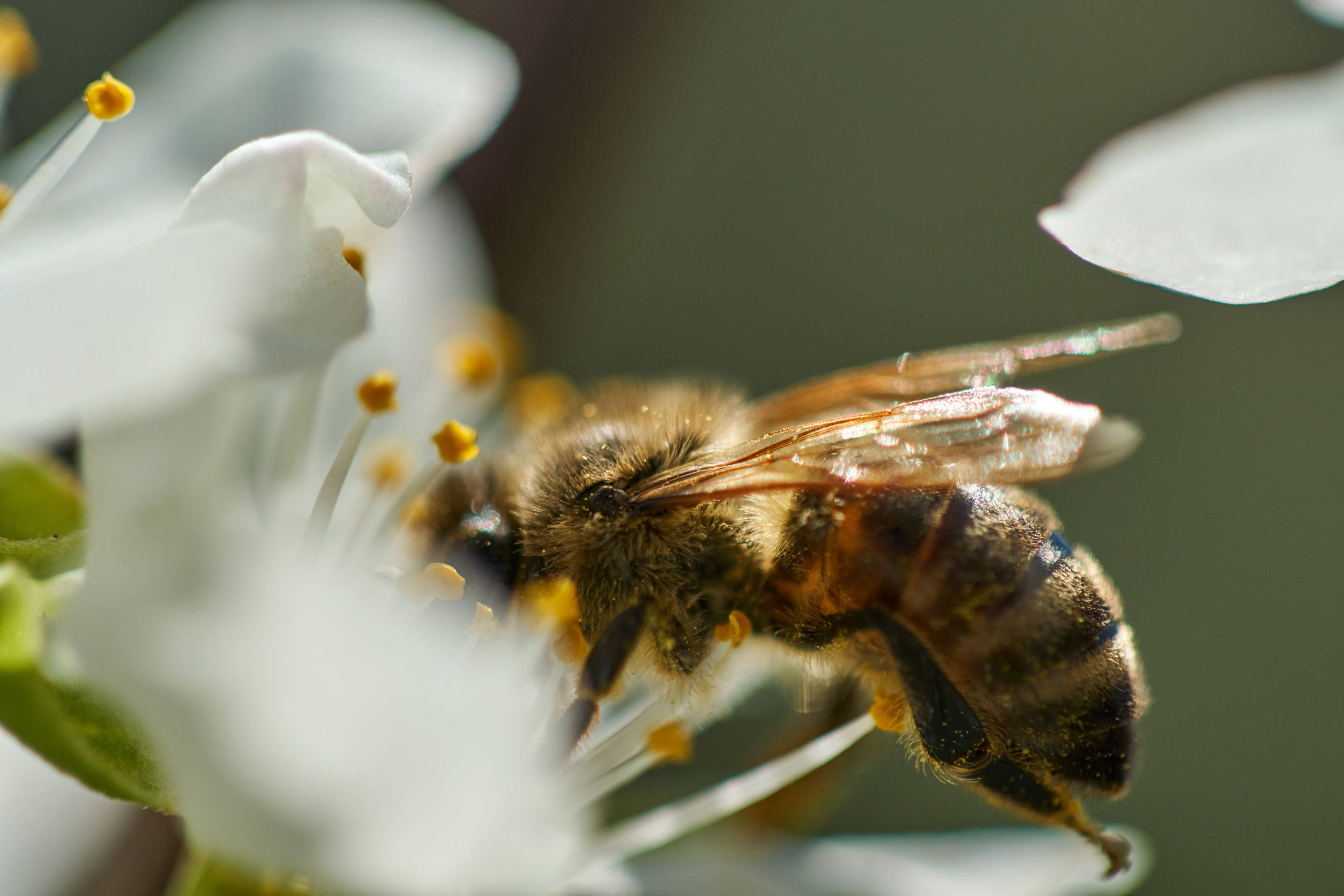You probably already know not to consume coffee before bed if you want a good night’s sleep. However, if you find yourself still struggling to get some shut-eye after you politely declined that delicious smelling post-dinner espresso shot, then there may be other foods that may be to blame.
Here are seven things (other than caffeine) that should be avoided before bed if you want to clock in the recommended seven to eight hours of sleep your body needs.
Pizza
Pizza is high in saturated fat and sodium, both of which should be avoided before bed. According to Carrie Gabriel, RD., “foods that are higher in saturated fat should be avoided at night—for example, butter, ice cream, and fried foods like french fries.”
In a small study that involved 26 normal-weight adults published in the Journal of Clinical Sleep Medicine in 2016, individuals who ate high amounts of saturated fat throughout the day had a lighter and “less restorative” sleep.
Bonnie Taub-Dix, RDN, the author of Read It Before You Eat It—Taking You from Label to Table, says: “Many highly processed foods are also salty, which could cause you to wake up during the night to reach for something to drink.”
Smoothies
Pizza may not have come as a surprise, but a smoothie jam-packed with fruits can’t be so bad, can it? Well, according to research published in BMJ Open in March 2016, packaged smoothie products marketed to children in the UK averaged more sugar per serving (around two and a half teaspoons) than juice—approximately 40 percent of the products tested in the study contained almost four teaspoons of sugar.
Too much sugar is linked to many health issues like diabetes and weight gain, but it can also make sleep more difficult. For many people, sugar brings on an unwelcome energy spike right before bed. Plus, refined sugars can induce rapid fluctuations in your blood glucose levels which can spike adrenaline, making it all the harder to fall asleep, says Taub-Dix.
Cheese
Even though the protein in cheese provides tryptophan, an amino acid that research suggests may help people feel relaxed, not all cheeses are calming.
Strong or aged cheeses like cheddar and parmesan have high amounts of the amino acid tyramine, which increases heart rate. “If you are looking for something creamy before bedtime, try some almond butter on a few crackers instead,” says Gabriel, as these foods have magnesium, which is linked to easing insomnia.
Tomatoes
Tomatoes offer a bunch of health benefits thanks to their high levels of vitamin C, iron, and lycopene however, they are considered highly acidic and can bring on heartburn. “Acidic foods can irritate the stomach lining and elevate acidic pH levels in the body, triggering indigestion, heartburn, and acid reflux, all of which can interfere with sleep,” Gabriel explains.
Hot Sauce
If you love to spice it up at dinner, then you should wait at least three hours before going to bed because spicy foods can also cause acid reflux, which “is more likely to occur during sleep when we’re lying down, at which time a mix of stomach acid and foods being digested can flow back up through the esophagus,” Taub-Dix explains. “Many people find that eating spicy foods can cause this effect during the day, let alone at bedtime when the negative impact can be compounded.
Waiting a few hours after a meal before lying down “allows digestion to occur and the contents of your stomach to move into your small intestine,” Gabriel adds. “This may prevent problems like heartburn at night and even insomnia.”
Water
Drinking water throughout the day is extremely important, however, catching up on all that hydration right before bed will increase the chances of your sleep being interrupted by multiple trips to the bathroom.
Alcohol
While sipping on an alcoholic beverage may help you fall asleep faster, the quality of your sleep is compromised because REM sleep is reduced. Drinking heavily can also lead to sleep apnea and heavy snoring.
“Alcohol disrupts breathing during sleep by relaxing the throat muscles. Alcohol can also reduce the brain’s ability to wake and detect a lack of oxygen in the body, and this can lead to longer and more frequent breathing pauses,” says Gabriel.











